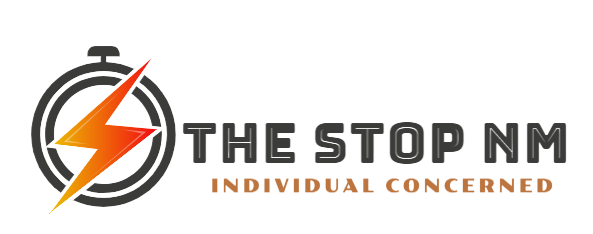As pet owners, we have a responsibility to make the contentment and well-being of our animals our first concern. The degree to which the quality of their nutrition influences their overall health is considerable. Vitamins and minerals are essential to human and canine health and need regular consumption. However, since certain breeds of dogs do not need supplements, it is essential to understand the requirements that are unique to the breed of your dog.
Different Vitamins
The vitamins A, D, E, and K belong to the category of fat-soluble best dog vitamins, whereas the other vitamins fall into the category of water-soluble vitamins. When it comes to preserving the health of your dog’s immune system, one of the most important things you can do is ensure they have a balanced vitamin intake. Several vitamin deficiencies, such as those in thiamine, pyridoxine, and cyanocobalamin, have been linked to symptoms that manifest in the nervous system. A shortage in vitamin A has been connected to night blindness and skin diseases, while a deficiency in vitamin D has been associated with thinner and more brittle bones.
Using Dietary Supplement
Even if certain dogs do not need dietary supplements, it is still very important to ensure that they have a balanced diet so that they do not develop any health problems in the future. It is possible that ill dogs, puppies, or older dogs need more nutrients in order to maintain their ideal health. Before you add anything to your dog’s food, however, you absolutely must first get the okay from your dog’s veterinarian.
The Right Diet
If your dog eats frozen fish regularly, it is conceivable that he will be deficient in vitamin B1. When this takes place, youngsters must get B1 supplements. Because of the potential for irresponsible supplementing to have adverse consequences on one’s health, it is essential to consult a veterinarian before providing your pet with any extra vitamins or minerals.
Essential Elements
Calcium, magnesium, zinc, manganese, iron, and copper are just a few of the minerals that are essential for your dog’s body to have in order for it to work effectively. Zinc and potassium are essential nutrients for maintaining healthy skin and muscles, respectively. Calcium and phosphorus are both necessary components for healthy bone mineralization and formation.
Conclusion
You may be able to decrease the need for best dog vitamins of minerals and vitamins in your dog’s diet if you provide it with a meal that is well-balanced and consists of meat, vegetables, and fruits. If, for whatever reason, you discover that you are unable to sustain a healthy pattern of eating, you need to get into the habit of taking nutritional supplements.



